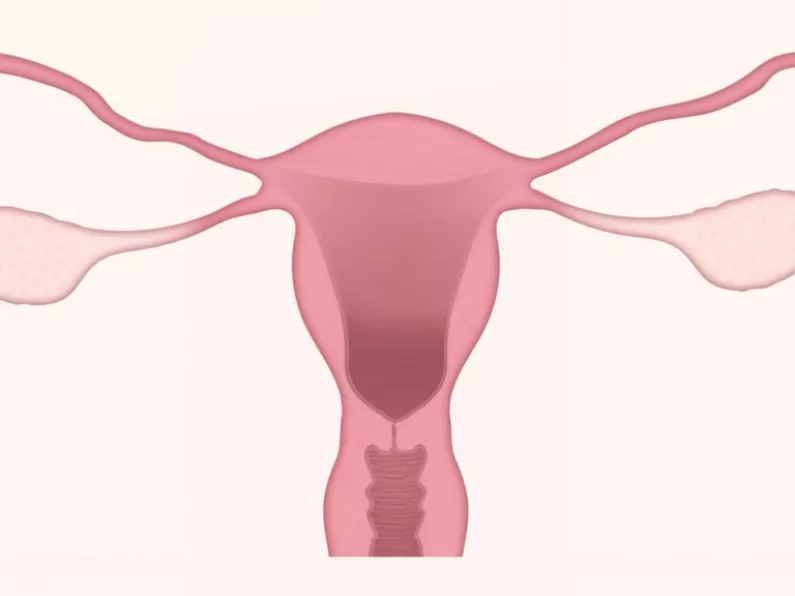PCOS, or Polycystic ovary syndrome to give it its full name, affects how a woman's ovaries work and can affect many aspects of your health.
It means your ovaries don’t always release an egg at the end of the menstrual cycle, which can lead to difficulty conceiving.
PCOS is one of the most common causes of female infertility, affecting as many as 5 million US women of reproductive age.
It can affect your:
- hormones
- periods
- fertility
Polycystic ovaries
Polycystic ovaries are bigger than healthy ovaries and have twice the number of follicles than healthy ovaries.
In PCOS, these sacs are often unable to release an egg.
Having polycystic ovaries doesn't mean that you have PCOS.
PCOS is a disorder linked to having hormone levels that are not balanced.
This can cause you to stop having periods, or to have irregular periods. It can also mean you have difficulty becoming pregnant.
Signs and symptoms
If you have signs and symptoms of PCOS, they'll usually appear during your late teens or early 20s.
Women with PCOS are often insulin resistant; their bodies can make insulin but can’t use it effectively, increasing their risk for type 2 diabetes.
They also have higher levels of androgens (male hormones that females also have), which can stop eggs from being released and have:
- irregular periods
- acne
- thinning scalp hair
- excess hair growth on the face and body
- weight gain.
Causes
The exact cause of PCOS is unknown.
It's thought to be linked to abnormal hormone levels in the body, including high levels of insulin.
Excess weight and family history - which are in turn related to insulin resistance - can also contribute.
Diagnosis
To diagnose PCOS, your doctor will check that you have at least 2 of these 3 symptoms:
- Irregular periods or no periods, caused from lack of ovulation
- Higher than normal levels of male hormones that may result in excess hair on the face and body, acne, or thinning scalp hair
- Multiple small cysts on the ovaries
Just having ovarian cysts isn’t enough for a diagnosis.
Lots of women without PCOS have cysts on their ovaries, and lots of women with PCOS don’t have cysts.
PCOS treatment
There's no cure for PCOS, but you can manage the symptoms.
You can also improve symptoms and long-term health problems by losing any excess weight.
Medications are also available to treat symptoms such as:
- excessive hair growth
- irregular periods
- fertility problems
If fertility medications don't work, your doctor might recommend surgery.
PCOS and pregnancy
PCOS in pregnancy can increase the risk of pregnancy-induced hypertension, pre-eclampsia and preterm birth.
All women should be screened for gestational diabetes by 20 weeks and any medication you are taking should be checked.
Risks in later life
Having PCOS increases your chances of developing other health problems in later life.
Women with PCOS are at an increased risk of developing:
- type 2 diabetes
- diabetes during pregnancy (gestational diabetes)
- high blood pressure during pregnancy
- depression and mood swings
- high blood pressure and high cholesterol – which can lead to heart disease and stroke
- sleep apnoea (interrupted breathing during sleep)
- weight-gain.
September is PCOS Awareness Month
